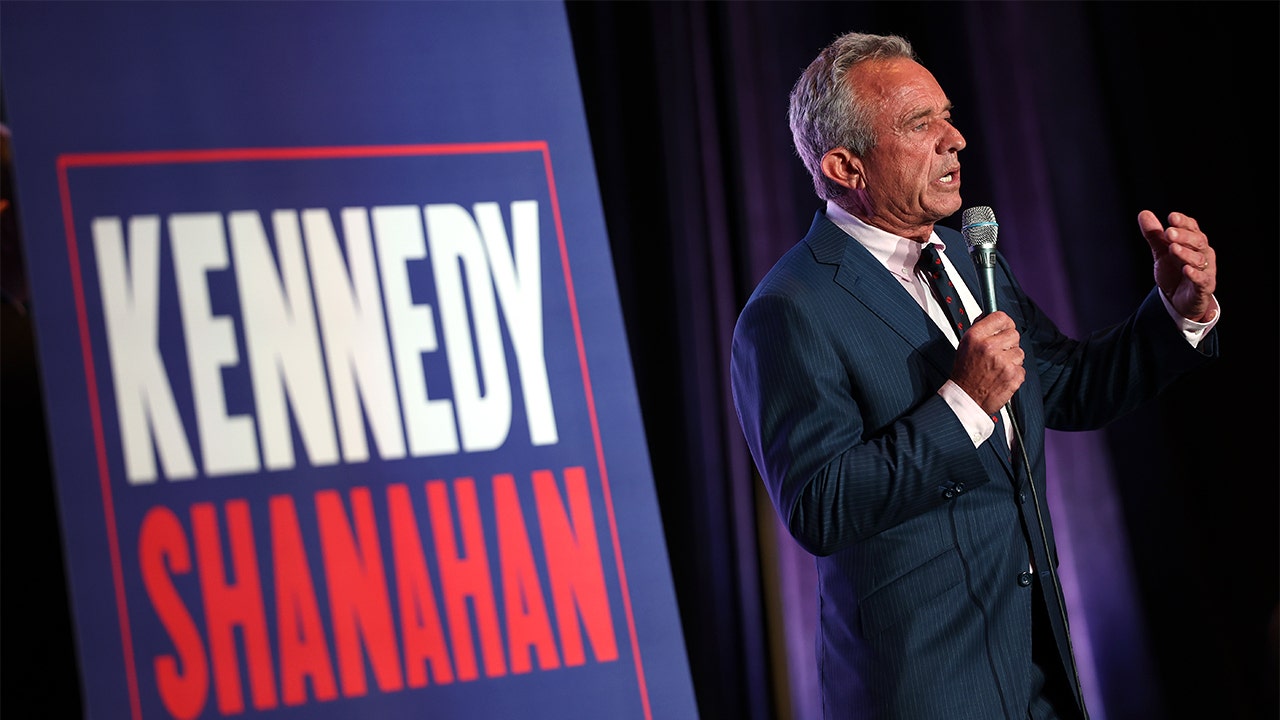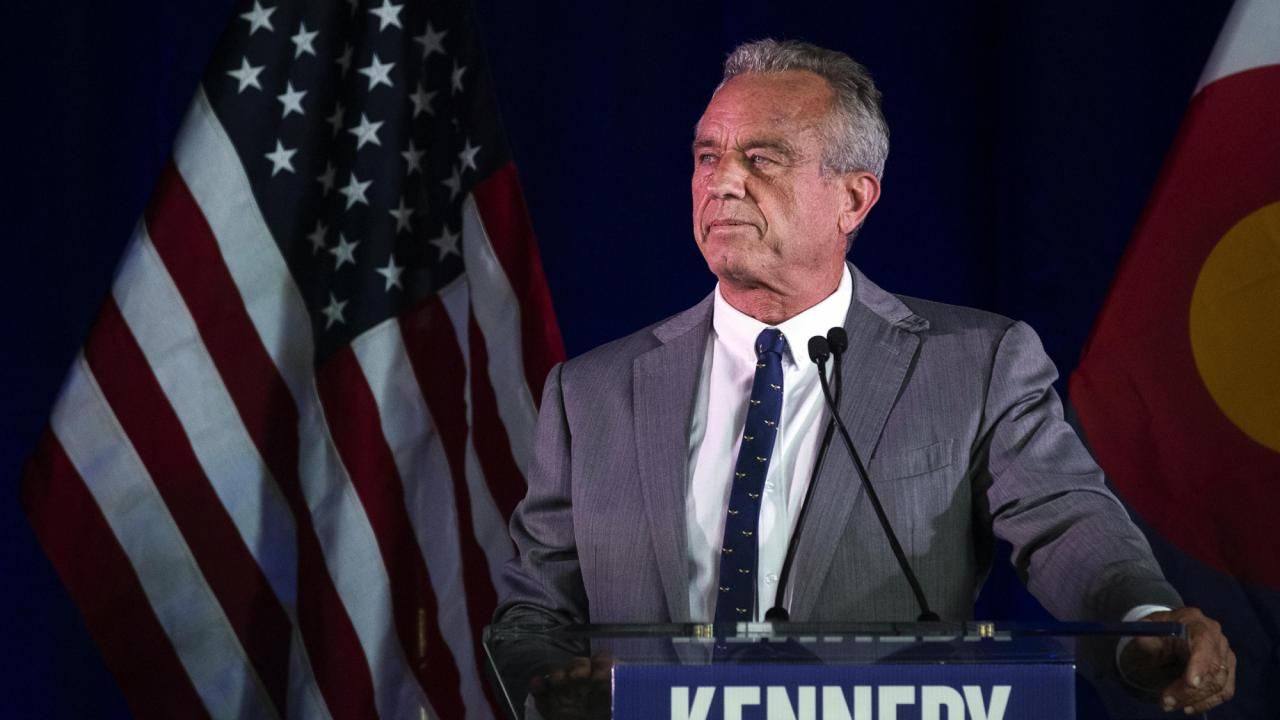RFK’s Drug Ad Ban Could ‘Cripple’ Broadcasting Giants

CNN Acknowledges Potential Financial Impact of Proposed HHS Advertising Policies
In a recent admission, CNN has highlighted the potential financial difficulties broadcasters could face due to new policies proposed by Health and Human Services (HHS) Secretary Robert F. Kennedy Jr. These policies aim to restrict pharmaceutical television advertising, a significant revenue source for TV news networks.
Proposed Changes to Pharmaceutical TV Advertising
The proposed regulations, spearheaded by Kennedy Jr., focus on closing a loophole that permits pharmaceutical companies to deduct advertising expenses from their taxes. This change is part of an effort to curb the prevalent practice of direct-to-consumer (DTC) pharmaceutical advertising. Unlike other nations where DTC advertising is widely prohibited, the U.S. has allowed this practice, which critics claim misleads consumers and promotes unnecessary medication use.
According to a report by CNN, removing this tax deduction could place severe financial pressure on broadcasters, as pharmaceutical ads represent a substantial portion of their advertising revenue. Kennedy Jr.’s strategy includes not only ending the tax deduction but also mandating that advertisements more thoroughly disclose the risks associated with the drugs. This requirement would likely increase the length and cost of ads, potentially reducing their number.
Economic Implications for Broadcasters
A report from the Campaign for Sustainable RX Pricing (CSRxP) in March indicated that eliminating the tax write-off loophole could save taxpayers over $1 billion annually. Meanwhile, pharmaceutical companies have been reported to spend over $5 billion on TV advertisements in 2024 alone. The financial impact on broadcasters could be significant, given that drug advertisements account for nearly 25% of ad minutes during primetime news across major networks including MSNBC, Fox News, NBC, ABC, CNN, and CBS.
Legislative Support to Restrict DTC Advertising
|
Support for reining in pharmaceutical advertising is also growing in Congress. In April, a bipartisan group of House lawmakers introduced the No Handouts for Drug Advertisements Act. This legislation aims to eliminate the tax loophole that currently benefits advertisers, aligning with Kennedy Jr.’s policy objectives.
The potential changes have sparked concern among broadcasters about the impact on their financial health, with CNN explicitly stating that disincentivizing direct-to-consumer drug ads would negatively affect traditional broadcast and cable companies.
Broadcaster Concerns and Industry Response
The proposals championed by Kennedy Jr. threaten a major funding pillar for network television, particularly during an era where digital platforms are already disrupting traditional media models. The reaction from the broadcasting industry underscores the tension between public health advocacy and commercial interests. Meanwhile, pharmaceutical giants are likely to mount legal challenges, citing First Amendment protections.









No Comments